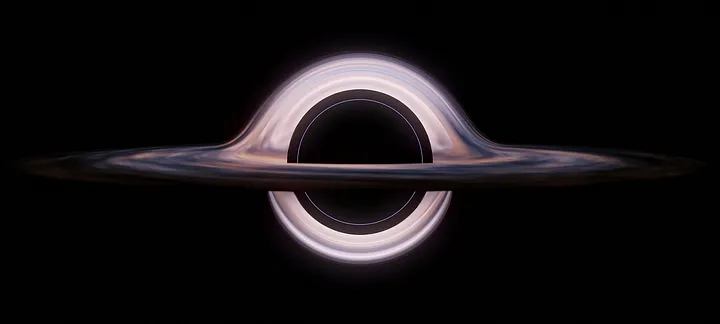
If there’s one rule that most people know about the Universe, it’s that there’s an ultimate speed limit that nothing can exceed: the speed of light in a vacuum. If you’re a massive particle, not only can’t you exceed that speed, but you’ll never reach it; you can only approach the speed of light. If you’re massless, you have no choice; you can only move at one speed through spacetime: the speed of light if you’re in a vacuum, or some slower speed if you’re in a medium. The faster your motion through space, the slower your motion through time, and vice versa as well. There’s no way around these facts, as they’re the fundamental principle on which relativity is based.
For the first several billion years of our Universe’s history, the Universe’s expansion rate was decreasing and distant galaxies slow in their recession from ours, as the matter and radiation densities drop. However, for the past ~6 billion years, distant galaxies have been speeding up in their recession, and the expansion rate, though still dropping, is not headed toward zero. It’s because of cosmic expansion that we can see up to 46.1 billion light-years away when only 13.8 billion years have elapsed since the Big Bang.
Lorem ipsum viverra feugiat. Pellen tesque libero ut justo, ultrices in ligula. Semper at. Lorem ipsum dolor sit amet elit. Non quae, fugiat nihil ad. Lorem ipsum dolor sit amet. Lorem ipsum init dolor sit, amet elit. Dolor ipsum non velit, culpa! elit ut et.
Lorem ipsum dolor sit amet elit. Velit beatae rem ullam dolore nisi esse quasi, sit amet. Lorem ipsum dolor sit amet elit.